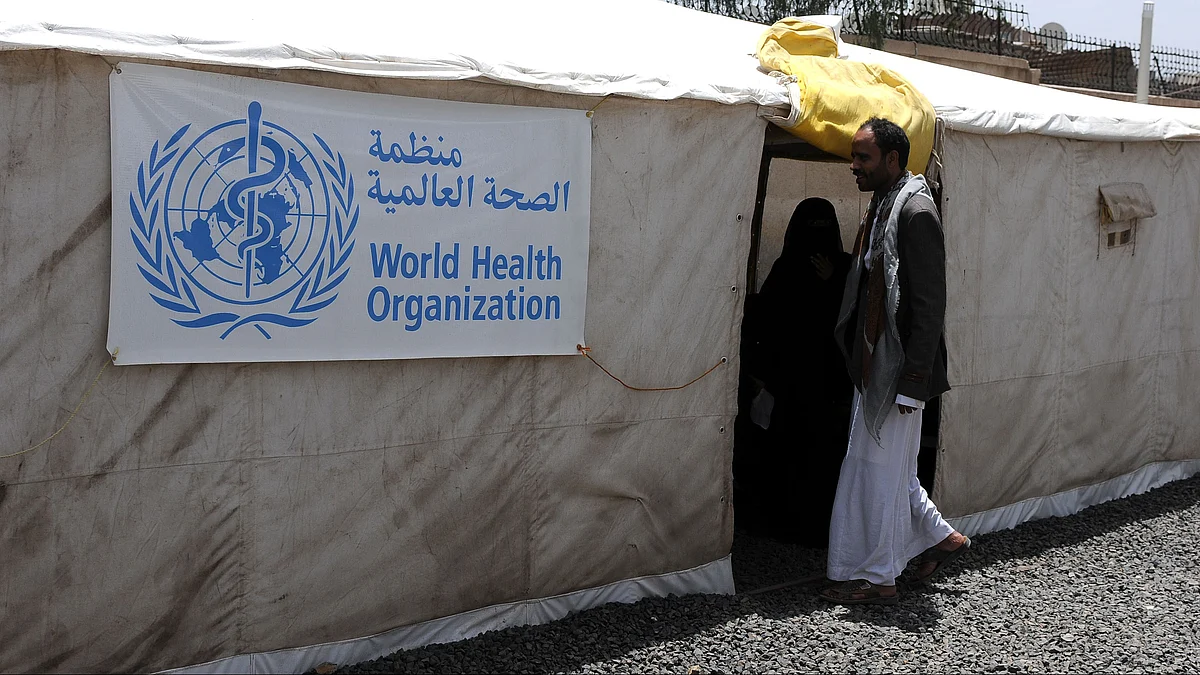Global cholera crisis continues: 31 countries reported outbreaks in 2025, says WHO
WHO cites conflict, climate change, displacement, and poor water and sanitation as key drivers of cholera

Cholera continues to pose a significant global health challenge, with 31 countries reporting outbreaks in 2025, according to a World Health Organisation (WHO) report released on Saturday, 13 September.
The report highlights a worrying trend: despite cholera being preventable and treatable, deaths rose by 50 per cent in 2024 compared to 2023, with over 6,000 fatalities for the second consecutive year. Cases also increased by 5 per cent, though WHO notes that these figures likely underestimate the disease’s true impact.
Caused by the bacterium Vibrio cholerae, cholera spreads rapidly through water contaminated with fecal matter. The WHO report identifies conflict, climate change, population displacement, and long-standing gaps in water, sanitation, and hygiene infrastructure as key drivers of the disease’s persistence.
In 2024, 60 countries reported cholera cases, up from 45 in 2023. Africa, the Middle East, and Asia bore the brunt, collectively accounting for 98 per cent of all reported cases. The report also noted that 12 countries recorded more than 10,000 cases each, with seven experiencing major outbreaks for the first time.
To combat cholera, the WHO emphasised the need for:
Access to safe water and sanitation
Accurate public health information
Rapid treatment and vaccination during outbreaks
Strong surveillance and diagnostics
Increased investment in vaccine production
In early 2024, the WHO prequalified a new oral cholera vaccine, Euvichol-S, helping maintain stockpile levels above the emergency threshold of 5 million doses for the first six months of 2025. However, high demand continues to outstrip supply. In 2024, 61 million vaccine doses were requested, with 40 million approved for emergency single-dose campaigns in 16 countries. To manage shortages, the temporary single-dose regimen remains in effect.
The WHO’s report underscores the urgent need for global cooperation to prevent cholera from claiming more lives and spreading further, particularly in vulnerable regions.
With IANS inputs
Follow us on: Facebook, Twitter, Google News, Instagram
Join our official telegram channel (@nationalherald) and stay updated with the latest headlines
